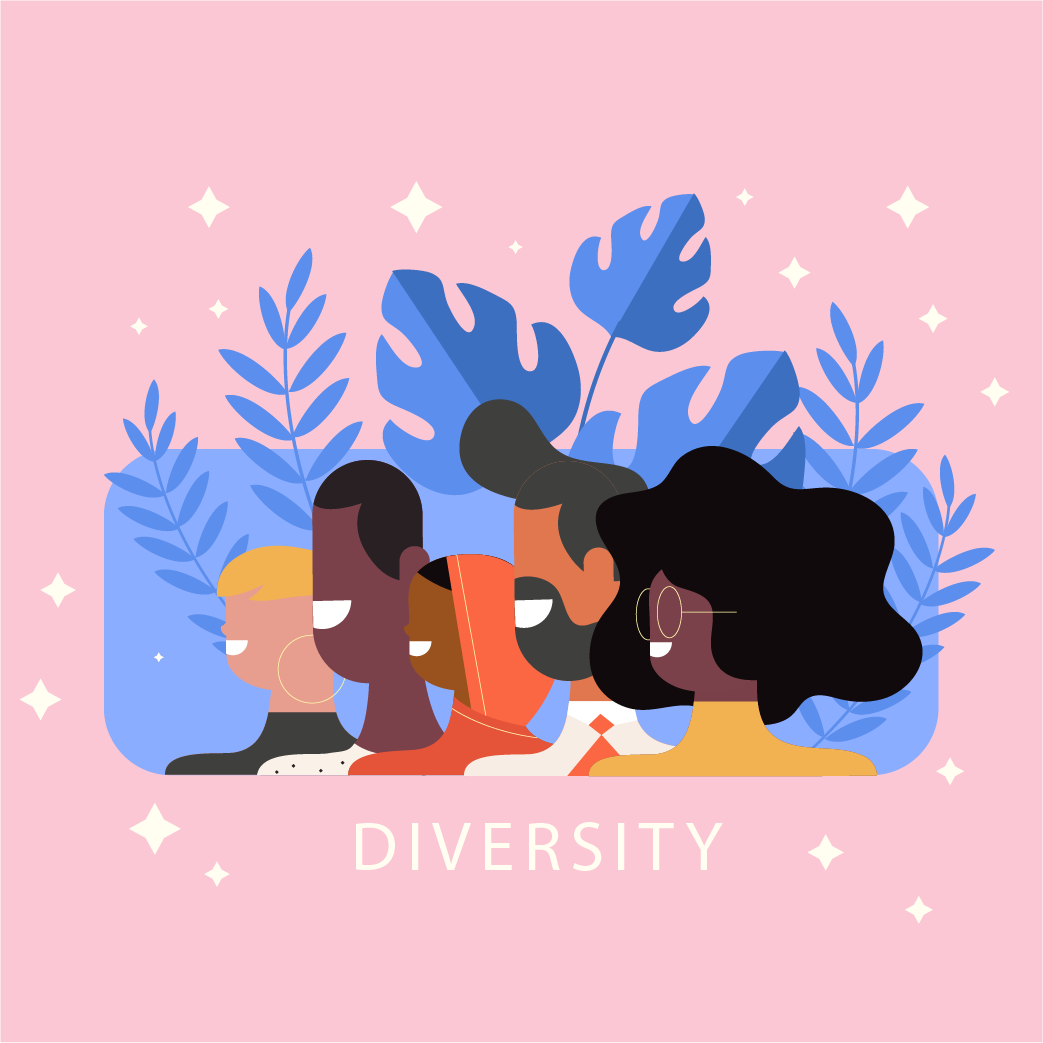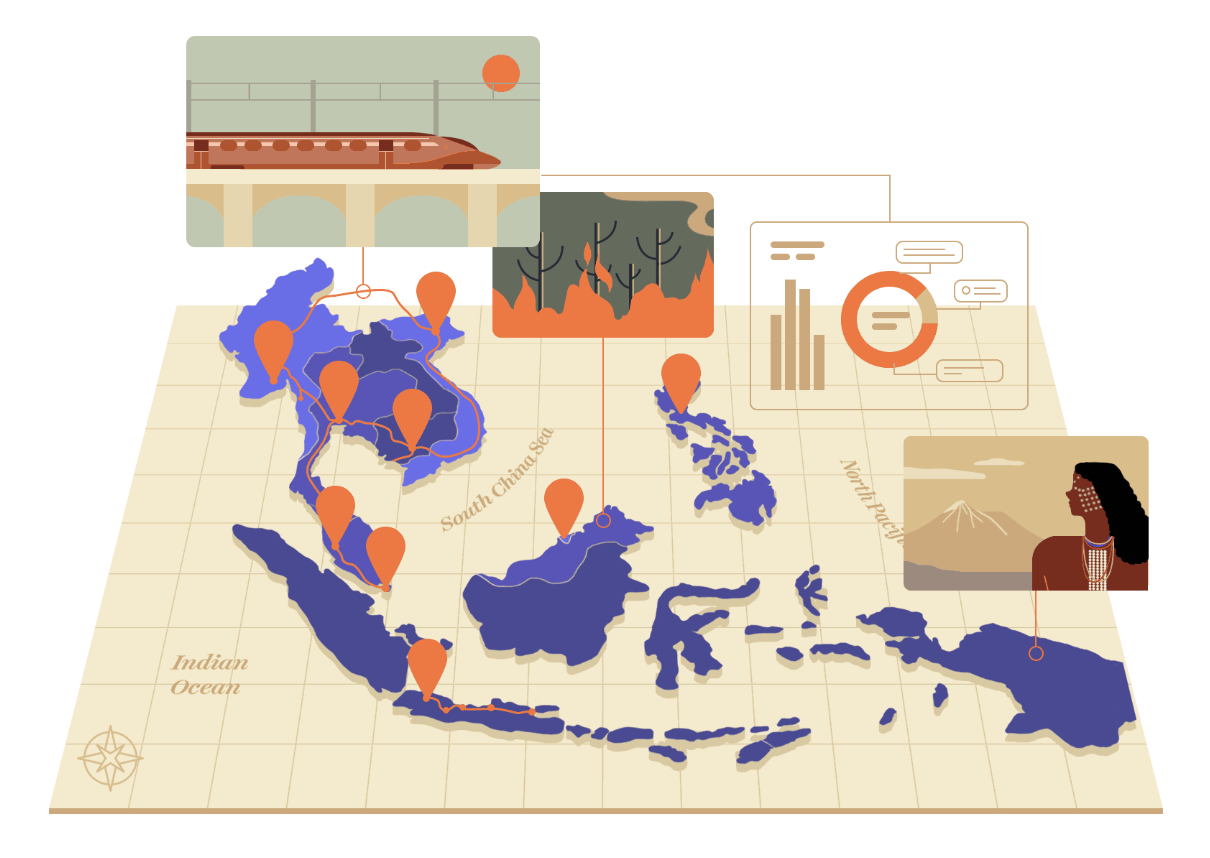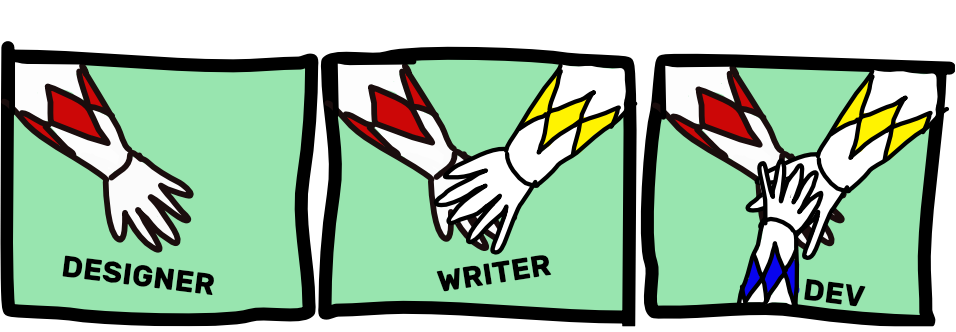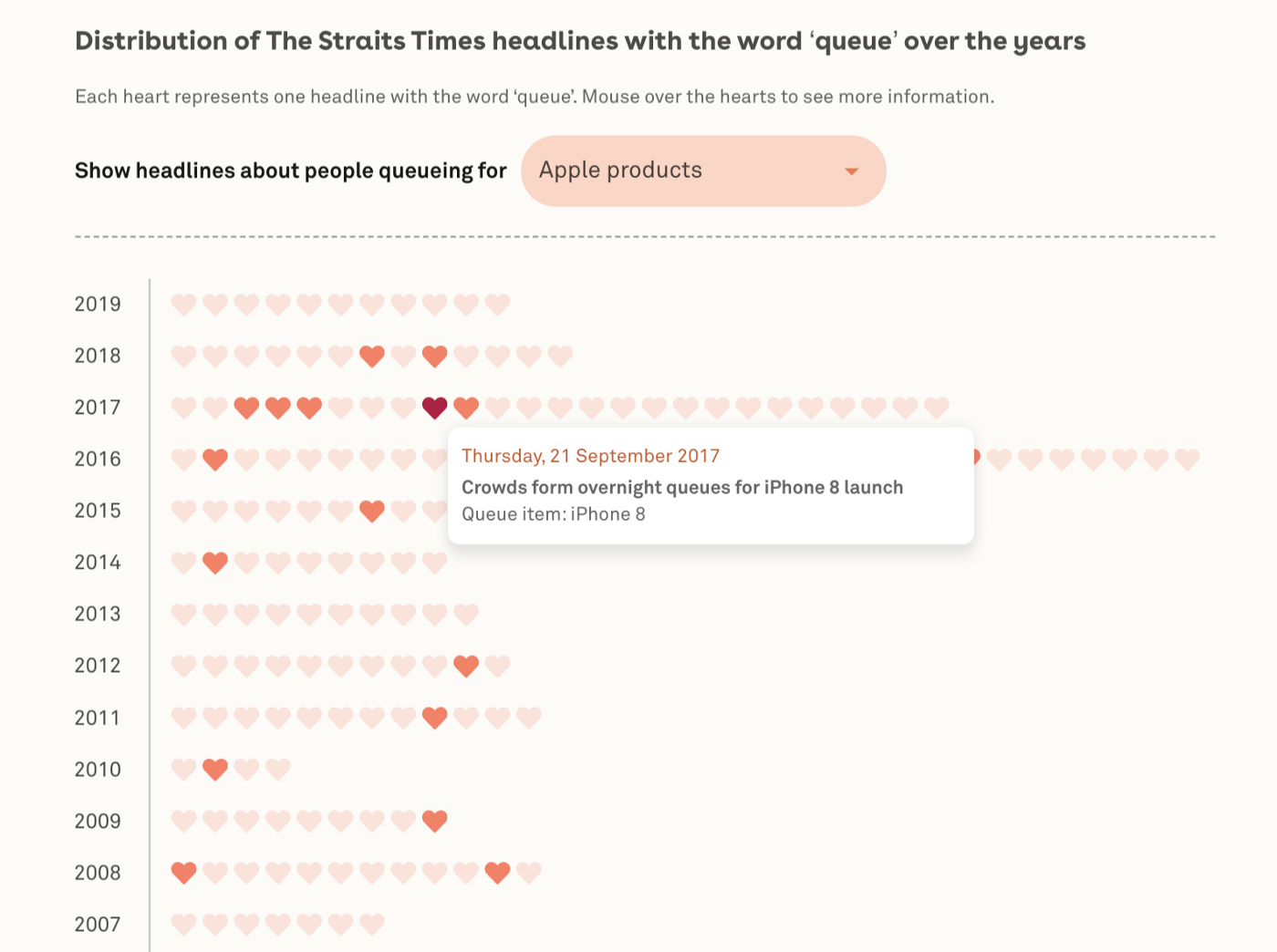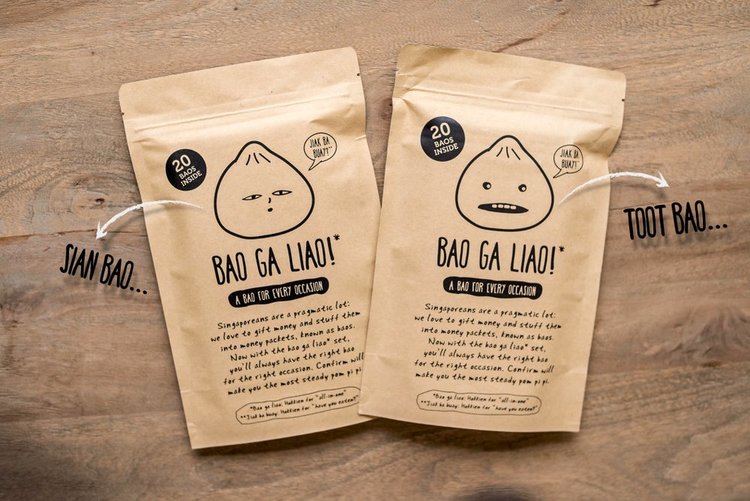Most designers start designing with their ideal consumers in mind. Is there really such a thing as a ‘normal’ consumer, and if so, what serves as a baseline for normality? Designers typically use themselves as a gauge of their consumers’ needs and capabilities, taking on pre-existing assumptions. Limited knowledge on consumer demographics means that there […]
Category Archives: Design
Data Vis Spotlight: Maps
This post first appeared in Kontinentalist’s newsletter, Notes from the Equator. Kontinentalist, a Potato company, monitors Asia’s latest developments and uses maps to tell compelling stories. A map is one of the data visualisations that needs no introduction. Maps have existed for a long time, and they are now integrated into our daily lives in […]
Coding a Kontinentalist Story
In my eight months of working with Kontinentalist as a front-end web developer, I’ve worked on five hard-coded stories and a handful of auxiliary data vis for other normal scroll stories. This roughly equates to one and a half months of work to produce a hard-coded story from conception to end. For that reason, I’ve […]
How I write data-driven stories
I’ve been a writer for almost two years now at Kontinentalist, a data-driven editorial studio in Singapore. In that time, I’ve interviewed my fair share of prospective interns, writers, and editors. Almost always, when asked why they’re interested in the position, our interviewees answer something along the lines of, “to learn how Kontinentalist merges data […]
Tuber x The T Project Partnership
Potato companies and partners are coming together to support the transgender community in Singapore. Tuber, a Potato company specialising in all things design and editorial, is now collaborating with The T Project. Tuber recently unveiled a new sticker pack that sticks up for the trans community at The T Project’s first Human Library. In addition, […]

